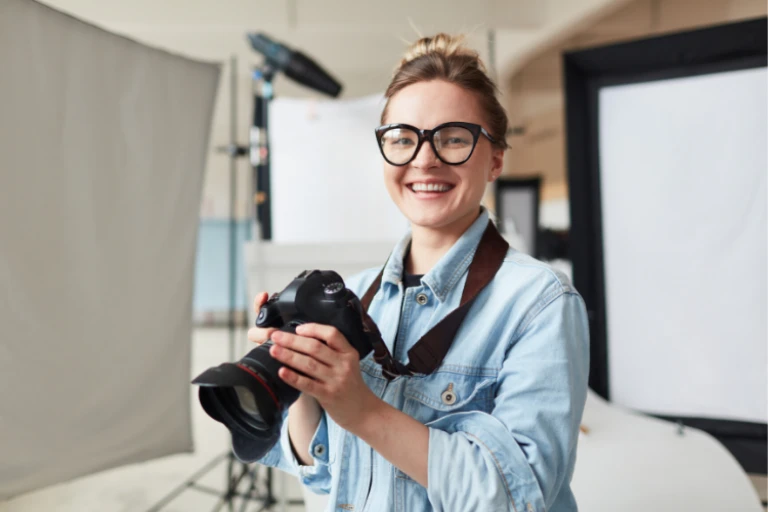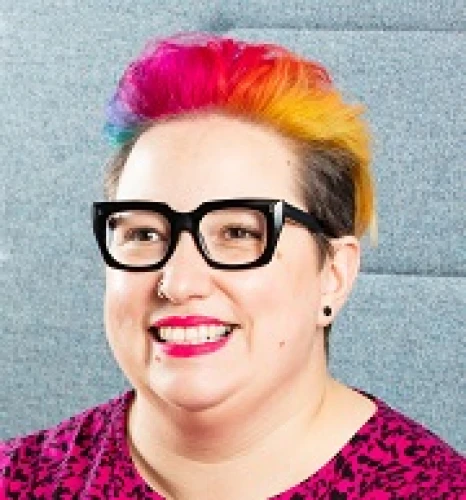How to start a freelance photography business
HOME / / How to start a freelance photography business
How to start a freelance photography business

The industry and market
Becoming a freelance photographer is one of the most accessible routes to starting a business. Anyone can try it. But, that means, there’ll be others offering a similar service nearby you. It’s time to work out what makes you a better option than any of them.
Weekly newspapers will always be a great source of freelance work. You won’t get the same rates as studio jobs, but you’ll try out new things and make some great contacts. A lot of locals also have sister magazines that can give you an even wider range of experience.
Is an agency right for you? The answer depends on your style, the jobs you are looking for and the level of control over your work you want. Have a look at a few agencies and see if any inspire you to sign up some of your work. But don’t be convinced it’s a must for someone starting up.
Natural skills
As a photographer, work won’t often come to you. It takes a lot of effort to earn a name for yourself and you’ll loads of motivation. If you’re going to make it in this industry, the thought of being a professional photographer needs to thrill you. You need to have a good personality, and be able to work well with people, in order to gain repeat customers and expand your business.
With jam-packed schedules and jobs that will be completed in tiny steps, you need to be organised as a photographer. Consistently meeting deadlines, replying to messages and chasing job leads are sure-fire ways of boosting your business growth.
Be ready to become your own accountant. It’s time to brush up on your maths skills and your accounts knowledge. There are some great courses available and technology, like QuickBooks, will be a massive help!
Training
First of all, there are loads of great opportunities if you want to do courses in photography, and they can get very specific. A BTEC in Photography and Digital Imaging is highly regarded and is offered by colleges across the country. If you can commit three years to studying, a BA in Photographic Art is a great option. Many universities offer this, with Westminster being frequently recommended. If you want more flexibility with your studying, there are dozens of amazing part time courses. Search for one in your local area and it will be easy to find.
Don’t believe for a second that you’ve finished learning when your course is over. In photography, staying up to date with the latest trends, techniques and equipment is vital. Your customers will notice quickly if your knowledge is behind your competitors.
Practicing is just as crucial to your business as marketing and promotion. Take a break from the structure of prescribed jobs and shoot something that inspires you. Test yourself on new styles and techniques. Make sure you're using as much of your talents as possible when customers come calling.
Premises
The days when every freelance photographer needed a dedicated space are long gone. If you want to offer shoots in a studio, it will cost from £150 a day but, with a longer commitment, you can get one for a reasonable ballpark cost of £600 a month.
Money
What you’ll need...
The highest rated professional camera, a Canon EOS ID X, costs £4,000. But there are great options available from £500, particularly if you’re willing to go second hand.
There’s a huge range of lenses you could invest in, but you’ll only use a few. Find out what you need before spending up to £1,000 on a fancy new product you’ll never use.
Small memory cards (2GB) can be yours for under £5, but will quickly run out of space. 128GB cards will cost £30+ but are far more convenient than a dozen cheaper cards.
Knowing your budget is essential to make money as a freelance photographer. You need a firm grasp of your costs and your hourly rate. For every job, have a minimum you’ll take for it, and a max you would love to get for it. Then, it’s time to use your negotiation skills. If all of this sounds a bit expensive for your wallet then don't hesitate to look for funding.
First steps
Your website is a lot of people’s first impression of what you do. If it’s poorly designed, with little attention to detail, imagine what people might assume about your photography? A well-designed, user-friendly website is the best place to show what you can do.
Everyone loves free stuff. They especially love it if it’s something they need. When you’re starting out, offer examples of what you can shoot to show off what you’re doing. If you hear about a job you think you could never land, ask to do it for free. You’ll be amazed at the doors it opens.
Why should potential customers trust you? Because you have done great work in the past. Make sure they know that great work was genuine and appreciated with feedback. The good responses will help your business and the bad ones will improve your skill.
Tips
As a freelance photographer, your jobs will never be finished in one simple action. They are the accumulation of a lot of tiny tasks. You’re going to need to stay on top of what’s been done and what needs to be done next. For that, you’re going to need lists.
Take every job you’re offered, but that doesn’t stop you hunting down the jobs you enjoy. If you want to photograph animals, target breeders. If your passion is sports, target teams. When you’re starting up, every job is a great job, but you can always have your eye on where you want to specialize.
It’s never too early to build an incredible portfolio. Even if you’re looking for your first professional job, there’s nothing stopping you. In this industry, you can get started as soon as you want. Once you have a portfolio, make sure it’s a central part of your website too.

"We’re delighted to be the 2000th loan recipients!"
